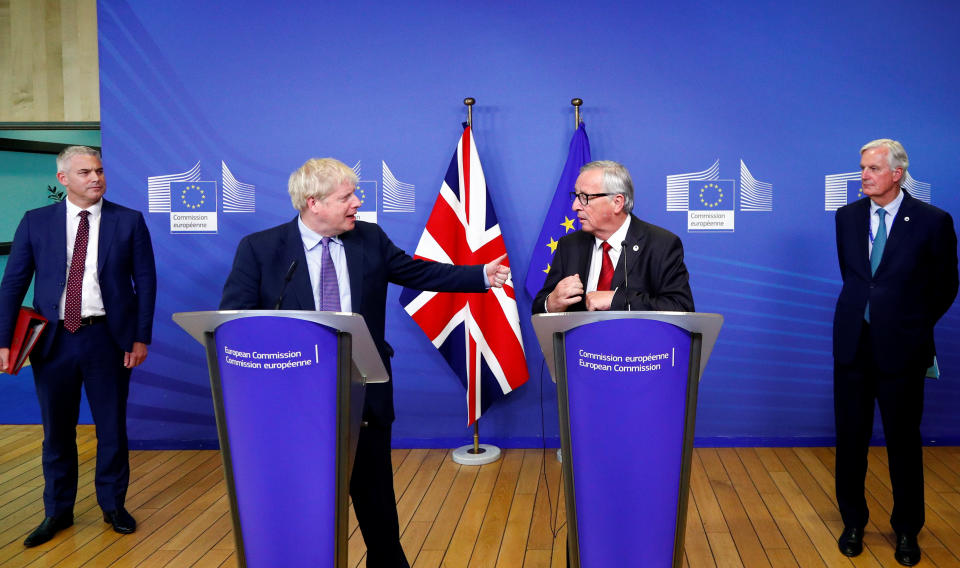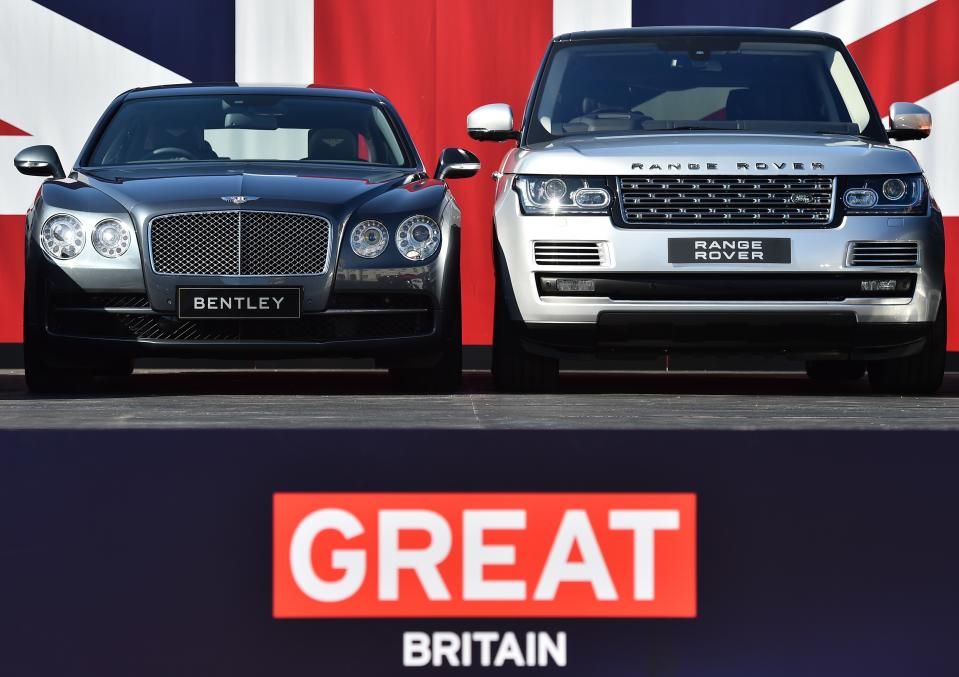Firms demand 'seat at the table' in post-Brexit trade deals

UK businesses are demanding a central role in post-Brexit trade talks, warning that firms will suffer and consumers face higher costs if their concerns are ignored.
Trade negotiations with the EU are expected from March, and talks with the US could start even sooner.
Frictionless trade with the EU is the top priority for business. However, the government has so far has signalled it wants to diverge from EU rules, which could prove costly for firms.
Representation for industry may prove crucial, if they are to have any hope of securing continued EU access and other goals in trade talks around the world.
“If we get it right, there is tremendous potential,” Josh Hardie, CBI deputy director-general, said earlier this month. “The key for the government to unlock that success is simple – make the best use of the wealth of expertise business has to offer.”
READ MORE: What the Brexit transition period means for business
The government’s relationship with business was strained over Brexit, and industry leaders fear being ignored as Britain prepares for new trade talks with Brussels and other countries.
The biggest clash with Whitehall is looming over frictionless trade with the EU. Chancellor Sajid Javid alarmed business chiefs last month by declaring there would no alignment with EU rules, let alone single market or customs union membership.
UK firms fear costly new paperwork, checks and even tariffs or caps on exports if Britain diverges from European standards.
The British Retail Consortium (BRC) warned on Friday new barriers would mean “higher costs and reduced choice” for shoppers. Mike Hawes, the SMMT car industry body’s CEO, also called for a deal without tariffs or additional burdens, which could make some car supply chains unviable.

Business groups are now lobbying to get into the room for trade talks, worried by the mood music coming out of Downing Street.
The Confederation of British Industry (CBI) wants business delegations to accompany UK officials during trade talks. It is also calling for a new government envoy who listens to firms’ views, as well as sector-based business advisory groups.
The Federation of Small Businesses (FSB) meanwhile wants negotiations to include a committee representing SMEs. Mike Cherry, FSB national chair, said small businesses should “have a seat at the table of all future trade negotiations.”
“What’s vital to all future trade deals is that the voice of small firms is heard loud and clearly,” he told Yahoo Finance UK.
READ MORE: Car firms demand ‘ambitious free trade agreement with Europe’
So far, the government is keeping industry at arm’s length.
However, Simon French, chief economist at stockbroker Panmure Gordon, said the lobbying could yet pay off as the “political heat” drops.
“When you go through line-by-line the regulatory, tax and legal regime you want, you consult business,” French told Yahoo Finance UK. “On tens of thousands of regulations, we will probably align with EU regulations as it makes most sense.”
READ MORE: UK firms fear staff shortages and red tape from Brexit migration plans

 Yahoo Finance
Yahoo Finance 